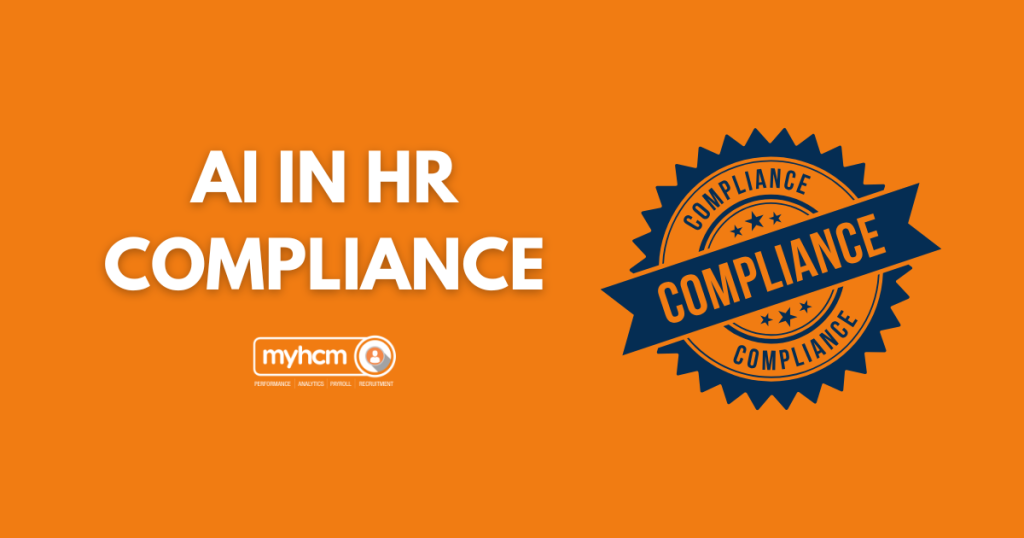Introduction
Indeed, AI in HR compliance is becoming a vital tool. Companies are increasingly adopting AI tools for various HR tasks. Artificial intelligence is rapidly changing how businesses operate. Human resources is no exception to this powerful transformation. These include recruitment, performance reviews, and boosting employee engagement. Furthermore, automating these processes enhances efficiency and impact. This also presents a significant opportunity to redefine the entire employee experience.
Drawing from my experience, even at a company like Google, AI technology has been truly transformative. For example, by using automated tools for résumé screening and candidate matching, they have achieved greater efficiency. This also helps in identifying top talent more effectively. Consequently, we can build a more diverse and inclusive workforce. Moreover, AI helps enhance employee engagement through personalized feedback. These development opportunities empower our employees. Ultimately, this fosters a culture of continuous learning and growth within the organization.
However, when we talk about implementing AI technology, certain core principles are paramount. Ethics, integrity, and empathy must remain central to all HR operations. Creating a workplace that truly understands its people is key. It must also support and empower them effectively. This requires using these advanced tools in a mindful and ethical manner. More than just a legal obligation, this approach is a strategic necessity. It is crucial for maintaining trust, fairness, and overall effectiveness within the organization.
The Ethical Implications of AI in HR Compliance
Despite the numerous advantages of AI, its deployment in HR processes brings forth ethical concerns. For instance, the issues of bias and potential discrimination are significant. Remember, AI systems are only as unbiased as the data they are trained on. Therefore, if historical data contains biases related to gender, race, or age, algorithms can perpetuate these issues. They might even amplify existing inequalities, which is a serious concern for AI in HR compliance.
Trust forms a fundamental element in the employer-employee relationship. Because AI systems often need access to large amounts of personal data, employees may have genuine privacy concerns. This is particularly true when dealing with sensitive information. Examples include demographic details, performance evaluations, and even health-related data. Consequently, mismanagement or unauthorized access to this data can lead to serious breaches of privacy. This directly impacts the ethical considerations of AI in HR compliance.
Finally, AI algorithms can sometimes be quite complex and opaque. This makes it difficult for both HR professionals and employees to understand the decision-making processes. This lack of transparency can significantly hinder accountability. It can also undermine trust in the AI systems being used. Therefore, ensuring explainability and transparency is crucial for the ethical implementation of AI in HR compliance.
AI-Related Compliance Considerations
Compliance with various legal and regulatory requirements is another critical aspect. This must be carefully considered when implementing AI in HR compliance. Data protection laws, for example, impose strict guidelines. These concern how personal data is collected, stored, and ultimately used. Therefore, organizations must ensure they are fully complying with all these relevant regulations. This is a fundamental aspect of AI in HR compliance.
Of course, compliance with all anti-discrimination laws is absolutely essential. Any AI tools utilized must be carefully and continuously monitored. This ensures they avoid discriminatory practices and guarantee fairness. This applies to hiring, promotions, and all other critical HR decisions. Furthermore, these tools should also comply with broader employment laws. These include regulations related to employee rights, contracts, and workplace safety. Ensuring that all AI applications align with these legal requirements helps avoid potential legal disputes and costly penalties.
Best Practices for Ethical and Compliant AI in HR Compliance
Based on my experience, HR teams should adopt specific best practices. These are crucial when navigating the ethical and compliance challenges linked to implementing AI technology. Firstly, it’s vital to implement robust strategies to actively identify and effectively mitigate biases within AI technology. For example, intentionally training algorithms on diverse data sets is key. This ensures a hiring process that truly reflects a commitment to equity and inclusion. This proactive approach helps avoid situations where certain demographics receive unfair treatment.
Secondly, it is a good idea to involve interdisciplinary teams when thoroughly checking AI models for any potential bias. When multiple perspectives are aligned to this critical task, you are far better equipped. This collaborative approach helps identify existing inequalities and refine algorithms effectively. Consequently, this keeps the core principles of diversity and inclusion firmly centered in your overall AI usage.
Thirdly, HR functions often require the collection and analysis of vast amounts of personal data. This data comes from both candidates and current employees. Therefore, you need to establish vigorous data protection safeguards. These are essential to better protect individuals’ privacy, actively prevent data breaches, and avoid any potential misuse of sensitive information. For instance, make it a strict policy to obtain explicit consent before collecting and using any employee data.
Finally, be fully transparent with your entire workforce about exactly how you are using AI technology in all HR processes. My experience shows that employees are much more likely to engage openly and positively when they know their data is secure. They also need to understand that it is being handled responsibly. Otherwise, trust can easily erode, potentially leading to disengagement, lower morale, and ultimately, higher employee turnover rates.
Conclusion
Integrating AI into the HR function undoubtedly offers significant benefits for organizations. However, it also brings forth important ethical and compliance considerations that cannot be ignored. By diligently adopting best practices, which include ongoing oversight and regular audits, you can create an environment where AI truly supports the overall well-being of your employees. Remember, implementing conscientious AI practices is not just about mitigating potential risks. It’s fundamentally about fostering a responsible and equitable workplace. In such an environment, technology serves as a genuine force for good, enhancing both efficiency and employee experience.
